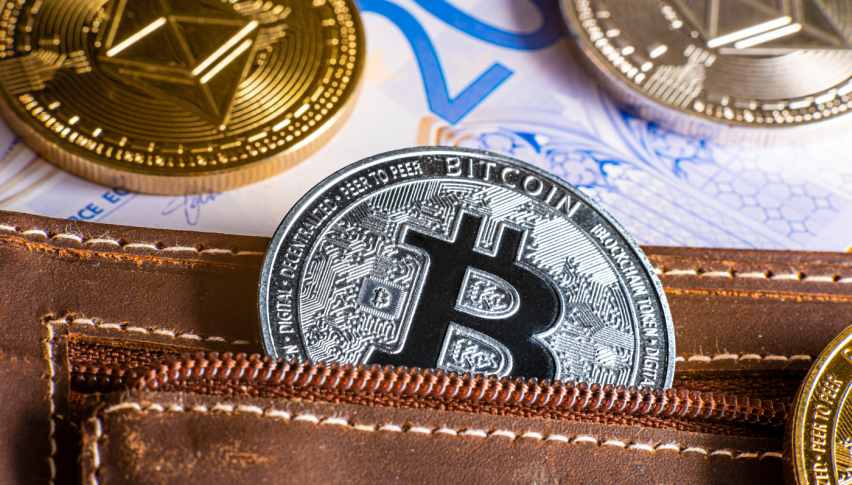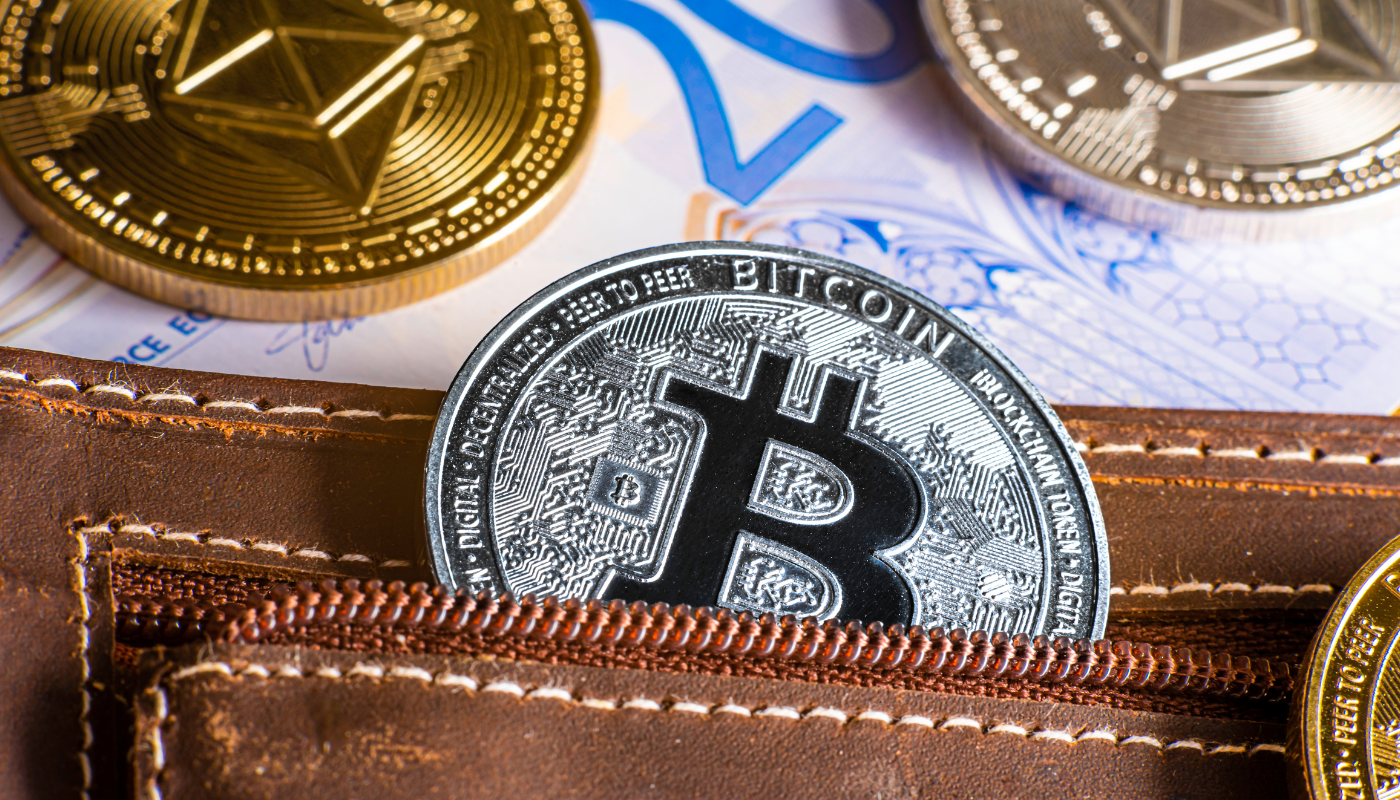Crypto Investor Loses $6M in GigaChad Phishing Scam: Key Lessons for Security
A GigaChad investor loses $6M in a phishing scam through a fake Zoom link. Learn about the tactics used and essential security measures to p

A crypto investor got phished and lost $6 million in GigaChad (GIGA) tokens.

This is a growing problem in the crypto space where social engineering is targeting individual investors. This is a reminder we need to be more aware and take preventive measures as hackers are getting more creative and can even phish cautious users.sers.
GIGA investor loses $6 million after clicking on a Zoom link.
A phishing attack on a Gigachad token holder resulted in the theft of assets worth $6.09 million.
Hackers used a fake Zoom link to gain access to the investor's wallet, withdrawing 95.3 million GIGA tokens.
As a… pic.twitter.com/QwMFmXcntg
— TU_Crypto_News (@TU_Crypto_News) November 12, 2024
Phishing Scam: How $6 Million Was Stolen
The incident happened on November 12 and was confirmed. The victim, known online as “Still in the Game” got a legitimate looking Zoom link. The link was a trap, a fake Zoom URL with a slight change in the address. When the investor clicked on the link, they were redirected to a fake website to capture their wallet info.
Once the hacker got into the wallet, they transferred 95.3 million GIGA tokens worth $6.09M. On-chain analysis by Scam Sniffer and Onchain Lens showed the hacker converted the GIGA tokens into more liquid assets: 11,759 SOL worth $2.1M and then USDT and USDC. This makes it harder to track and recover the assets.
- Stolen Assets: 95.3 million GIGA tokens (~$6.09M)
- Conversion: 11,759 SOL (~$2.1M) + USDT and USDC
- Distribution: Assets spread across multiple wallets, including KuCoin
This is a reminder how small changes in URL can mislead users and hackers can deploy malware and steal credentials. Scam Sniffer’s analysis showed the URL difference— “us04-zoom[.]us” vs “us02web.zoom[.]us”—a small but costly mistake for the victim.
On-Chain and Off-Chain Strategies to Secure Funds
After the attack, the investor reported to the FBI and hired a forensic team to trace the assets. But with pseudonymous transactions on-chain and multiple wallets off-chain, asset recovery is extremely hard.
This is another phishing attack in a growing trend of crypto thefts. So far in Q4 2024, over $60M has been lost to phishing attacks and scammers are using fake links, fraudulent signatures and impersonation to trick victims. Last month, a crypto venture capital fund got phished and lost $36M in fwDETH.
A phishing scam involving a fake Zoom link has resulted in a $6.09 million loss for a Gigachad ($GIGA) token investor. The hacker exploited the situation to steal and convert assets, igniting security concerns within the crypto community. $SOL $USDT $USDC
— Edmund Gerald (@EdGeraldX) November 12, 2024
Protecting Against Growing Crypto Phishing Risks
Phishing attacks in the crypto space are getting more frequent and sophisticated. According to CertiK, $753M was lost to fraud in Q3 2024 and $127M of that was phishing. Crypto is one of the most targeted sector for identity fraud, second only to traditional financial industries.
To mitigate these risks, crypto investors should:
- Verify URLs: Always check URLs especially for links from unknown sources.
- Enable MFA: Add an extra layer of security beyond passwords.
- Use Hardware Wallets: These offline devices reduce online breaches.
- Be careful with Emails and Links: Don’t click on links from unknown senders or messages with urgent requests.
Awareness and discipline is key as phishing attacks will always find the smallest of security gaps. With more crypto thefts through phishing, investors should be on their toes not to be the next victim.
This $6 million GigaChad phishing scam serves as a costly lesson on the importance of cybersecurity in the evolving digital asset landscape.
- Check out our free forex signals
- Follow the top economic events on FX Leaders economic calendar
- Trade better, discover more Forex Trading Strategies
- Open a FREE Trading Account